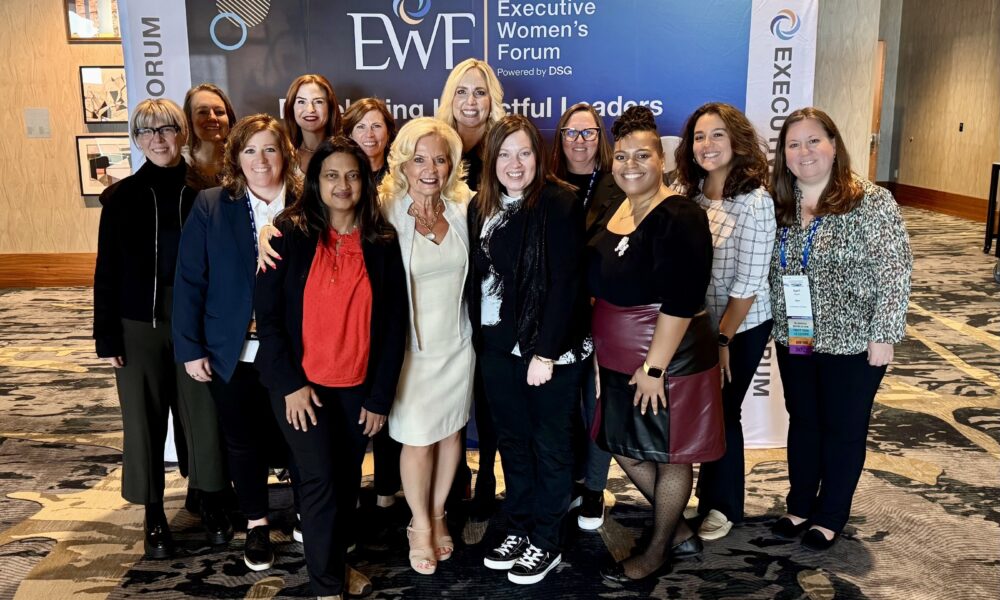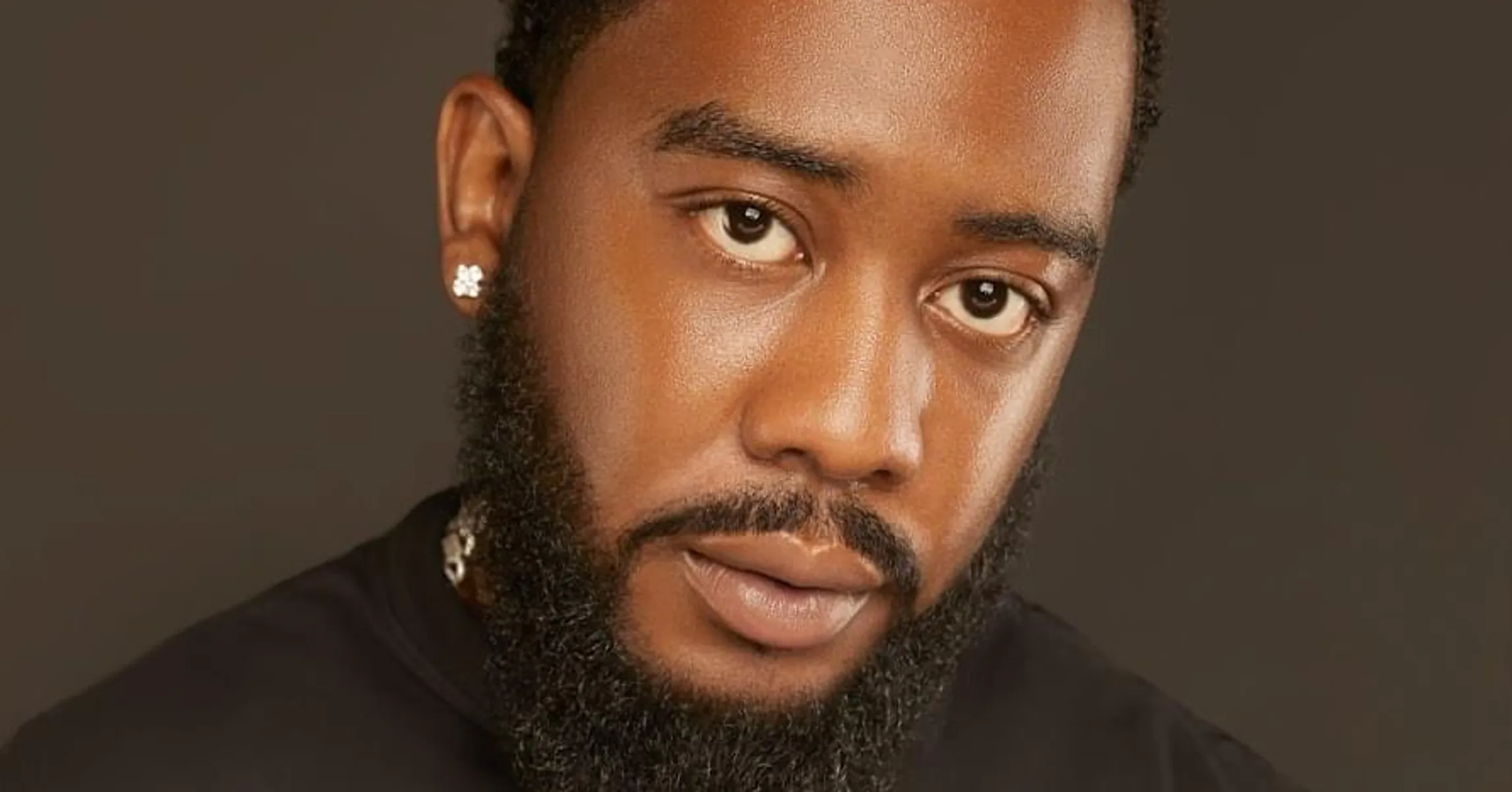The recent passage of significant Medicaid cuts by the United States Congress has raised serious ethical questions about the government’s responsibilities toward its most vulnerable populations. Under the new legislation, known as The Big Beautiful Bill, reductions over the next ten years could impact approximately 1.5 million children and adults in Louisiana alone.
Former state Senate president Randy L. Ewing emphasized the moral implications of these cuts, citing a statement from Hubert H. Humphrey regarding the moral test of government. Ewing pointed out that the government’s treatment of children, the elderly, and individuals with disabilities reflects its foundational values. In Louisiana, where 42 percent of children rely on Medicaid funding through the Children’s Health Insurance Program (LA CHIP), the stakes are particularly high.
Many elderly residents and people with disabilities also depend on Medicaid for essential support, including nursing home care. Ewing argues that the justification for these cuts—reducing waste and abuse—should not come at the expense of those who rely on Medicaid for their health needs. He asserts that providing healthcare for the state’s vulnerable populations is both a moral obligation and a fiscal responsibility.
The debate surrounding Medicaid funding is not just a matter of numbers; it involves the lives of real people who depend on these services for survival. Ewing encourages concerned citizens to reach out to their congressional representatives, advocating for full funding of Medicaid support for Louisiana’s children, elderly, and disabled individuals.
As the discussions continue, the impact of these cuts will likely resonate far beyond Louisiana, influencing the national conversation about healthcare access and the ethical responsibilities of government toward its citizens.







